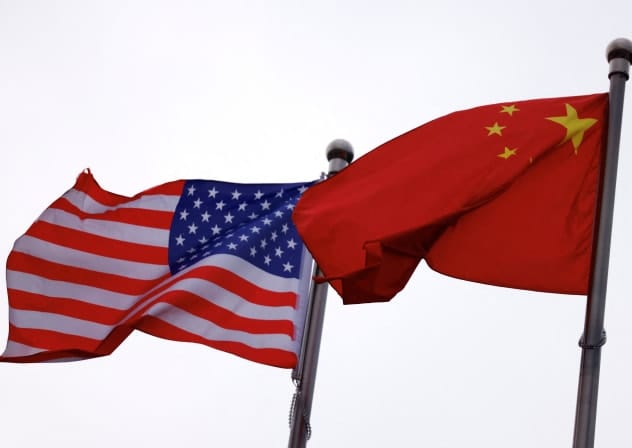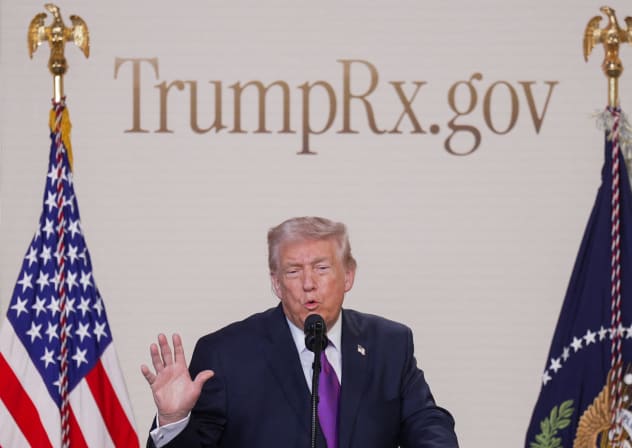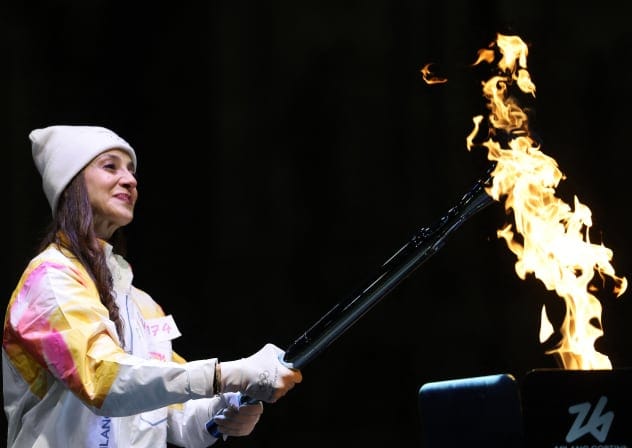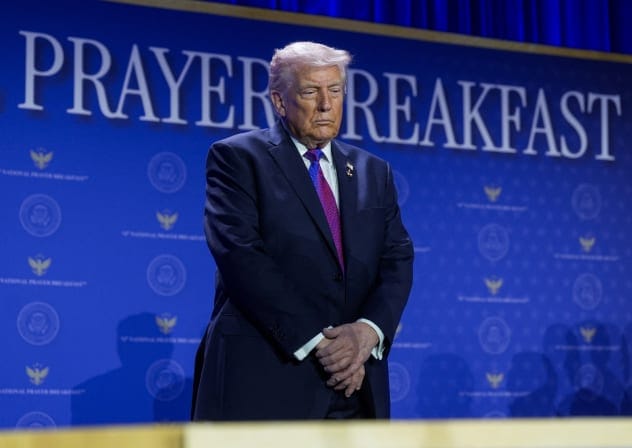US accuses China of secret nuclear testing as it calls for broad new arms treaty after New START
The accusations at a global disarmament conference highlighted serious tensions between Washington and Beijing at a pivotal moment in nuclear arms control.













